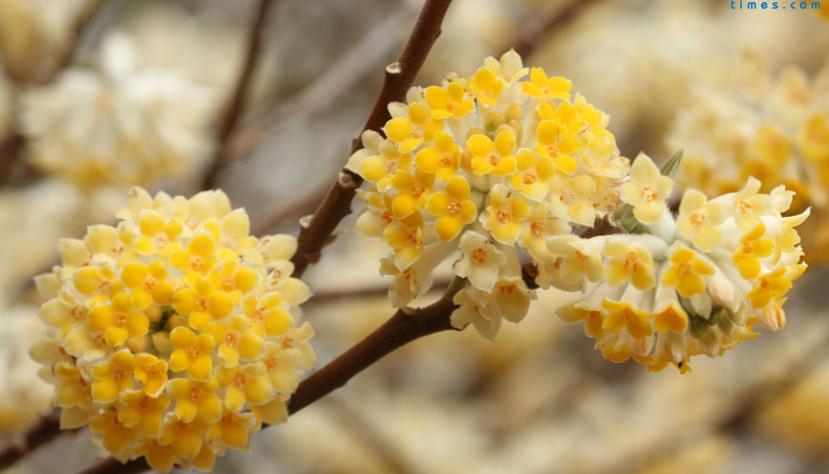Mexican Marigold are perennial evergreen plants. Moreover, the stem of this plant is smooth, rigid. Additionally, the propagation of this plant is very easy you can propagate it by simply seeds.
Origin of Flower:It is native to two countries that include:
- America.
- Mexico.
Genus:Its genus is Tagetes.
Family:The plant belongs to the family of Asteraceae.
Species:The species of this plant is T. erecta.
Binomial name:The binomial name of this plant is Tagetes erecta.
Height:Its height is about 4_6cm.
Plant Type:The plant type of this flower is shrubs.
Water needs:It requires average water.
Characteristics:These are evergreen and showy flowers.
Spread:It can spread about 6_10cm.
Plant Family:The plant family are as under:
- Marigolds.
- Tagetes.
Spacing:It needs a space of about 120cm.
Tolerate:These can tolerate drought and deer.
Garden Uses:This plant is useful for Hedges and Beds.
Attracts:It can attract hummingbirds, butterflies and bees.
Exposure:Partial or full sun is suitable.
Seasons:Winter and spring are best for its growth.
Maintenance:Here are some essential tips are given below that you must follow to protect your plant:
- Partial or full sun is good for it.
- Watering and fertilization are necessary.
- It is essential to prepare the soil by digging down approximately 6 inches.
Most Frequent Asked Questions:
1. What is the Common name of this plant?
The common name of this plant is Cempazuchitl and Tagetes erecta.
2. What are the uses of marigold?
These have so many uses that are mentioned below:
- Useful for stomach pain.
- Reduce dysentery.
- Cure digestive track issues.
- Tackle poor appetite.
3. What is the scientific name of this plant?
The scientific name of this plant is Mexican Marigold.
4. What is the life span of this plant?
The lifespan of this plant is less than one year.
5. Is these are toxic plants?s
No, these have no toxic effect you can easily grow it in your gardens without worrying.
Alternative:

